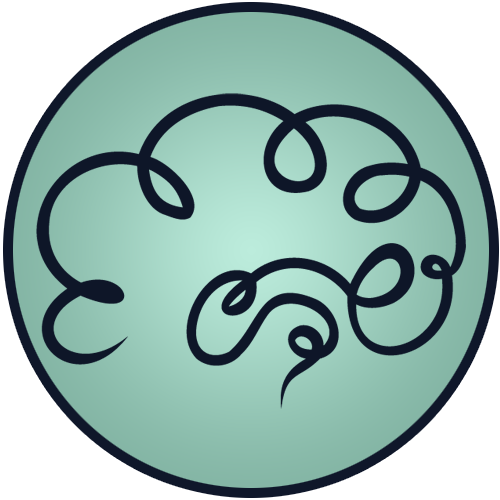As temperatures heat up, we all need to be drinking more while enjoying the summer months but those who take psychiatric medications may need some extra swigs. Medications such as serotonin reuptake inhibitors, serotonin norepinephrine reuptake inhibitors, tricyclic antidepressants, antipsychotic drugs, benzodiazepines, can affect the functions of the hypothalamus, a part of the brain that helps regulate temperature which can affect your body’s ability to cool itself off. Basically, we are talking about sweat, thirst and low blood pressure.
First, these medications can make you sweat either too little or too much. Sweat is our body’s natural way of cooling down so if we are not sweating, we are going to overheat. Sweating too much is also bad because you are losing more water and electrolytes than necessary thus becoming dehydrated quickly. Second psychiatric medications can also make you feel less thirsty. Thirst is our natural mechanism for telling us we are dehydrated and losing our sign that we need a drink is not good. Lastly, the medications can also make us feel dizzy which can be attributed to the medications lowering blood pressure. The heat can exacerbate the lowered blood pressure and make you feel dizzy and possibly even faint.
How to Stay Cool
- Know your meds and side effects: Do some research and talk to your prescriber if you have any concerns or problems with the medications, you are taking and how they are affecting you.
- Stay Hydrated and Replenish Electrolytes: Water is your friend. It’s time to bust out your emotional support water bottle and take some swigs. You can also incorporate electrolyte drinks to replenish what you are losing in your sweat, even a pinch of salt can help!
- Dress Appropriately: Make sure you are dressed so won’t overheat. Use breathable, cool, wicking clothing or wear cooling accessories to help you cool off.
- Plan and Take Breaks: Find some shade or go inside for some AC every once in a while. Also plan more intense activities earlier in the day or into the evening when it tends to be cooler in the day. 5. Know the Signs of Danger: Heat exhaustion happens when excessive sweating causes large losses of water and electrolytes. Signs include headache, dizziness, fainting, nausea, fatigue, weakness, muscle cramps, rapid heart rate, high body temperature, irritability, heavy sweating, dark and decreased urine output. This can develop after several hours or even days of exposure to heat, by inadequate hydration. Cool down and rehydrate. Heat stroke occurs when the body is unable to cool itself down. The signs of heat stroke are temperature of 103 or higher, swallow rapid breathing, confusion, dizziness, nausea, vomiting, loss of consciousness, blurry vision, high rapid pulse, headache, red, hot skin. Immediately hydrate and cool body temperature down with ice or cold packs. Call 911 or go to the emergency room immediately.


